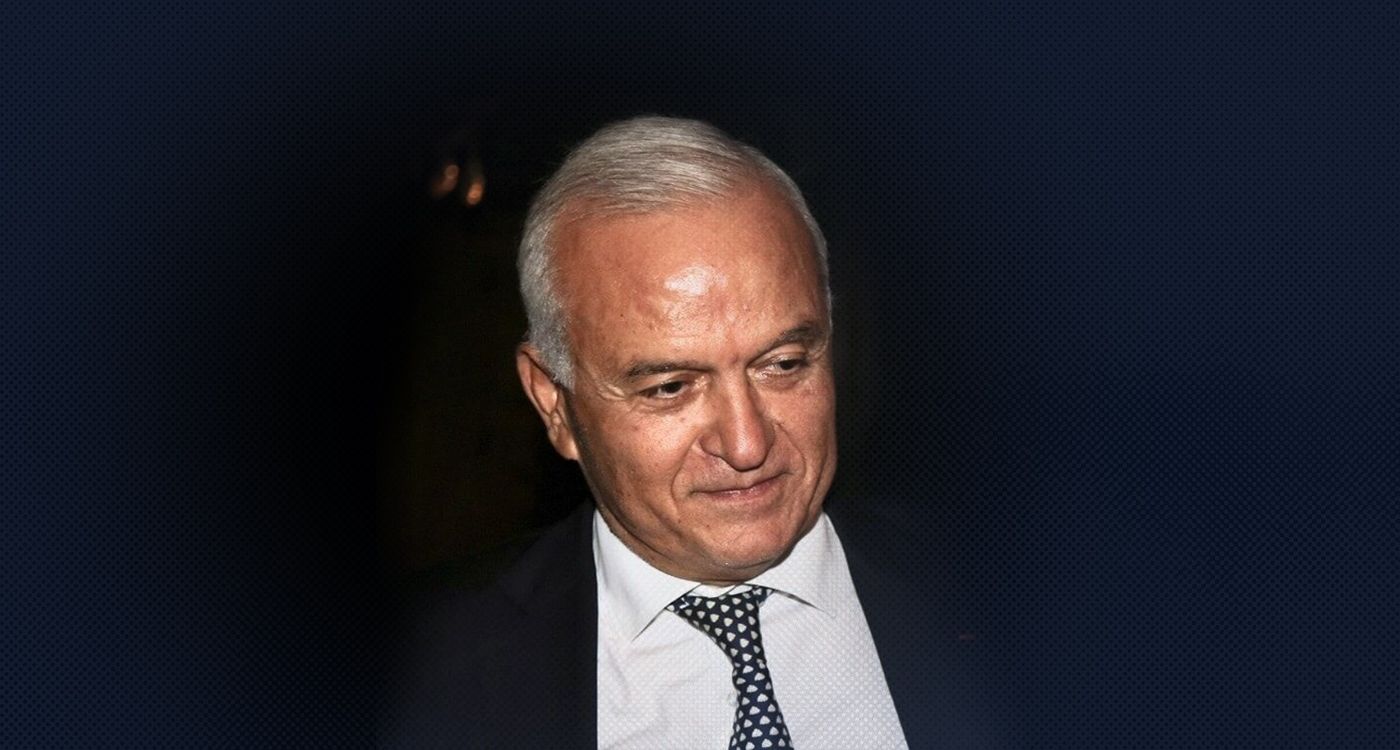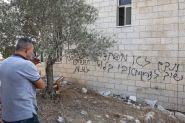- Home
- Middle East
- Jean-Marc Ayoubi: A Leading Figure in Reproductive Medicine

Professor Jean-Marc Ayoubi ©Virginie Bonnefon
This is Beirut met with Professor Jean-Marc Ayoubi, head of Obstetrics, Gynecology and Reproductive Medicine at Foch Hospital in the Paris suburbs. A French national of Lebanese origin, Professor Ayoubi is renowned for leading the team that performed France’s first uterus transplant in March 2019.
March 31, 2019, is a landmark date in French medical history. On that day, Professor Jean-Marc Ayoubi led a pioneering surgical team to carry out the country’s first uterus transplant. The recipient, a 34-year-old woman born without a uterus due to MRKH syndrome, received the organ from a living donor — her own mother.
Reflecting on the groundbreaking procedure over five years later, the 61-year-old professor described it as “an unforgettable intervention.” The operation lasted from “7 AM to 1 AM the following day, involving three rotating surgical teams operating in tandem across two theaters — one for the donor and the other for the recipient.” Professor Ayoubi emphasized that this feat was more than just a surgical milestone; it was the culmination of over 15 years of research, supported by a dedicated team of over 20 individuals.”
Currently leading the Obstetrics, Gynecology and Reproductive Medicine department at Foch Hospital in Suresnes (Hauts-de-Seine), Ayoubi also oversaw the first French birth resulting from a uterus transplant in February 2021. The mother was the same patient who had undergone the transplant in 2019.
#Naissance du 1er #bébé français venu au monde -de 2 ans après la première #greffe d’utérus réalisée à l’Hôpital Foch par le Pr J.M Ayoubi, chef du service gynécologie-obstétrique & médecine de la reproduction#uterus #france #santé #gynécologie
— Hôpital Foch (@HopitalFoch) February 17, 2021
Crédits photos : Virginie Bonnefon pic.twitter.com/OcXyfRrTfw
Professor Ayoubi states: “Three such transplants have been carried out so far. It feels like we’ve contributed something significant to research and medicine in our field. We enabled one patient — and gave hope to many others like her — to conceive and become a mother when she had always been told it was impossible.”
From Koura to Toulouse and the Dordogne
Jean-Marc Ayoubi’s remarkable journey begins far from Île-de-France, in Koura, a region about 60 kilometers north of Beirut. He spent his childhood and part of his teenage years in Lebanon.
Before the Lebanese Civil War broke out in 1975, Ayoubi moved to the Dordogne region in southwest France. With family ties in both France and Canada (Vancouver), he ultimately chose France. His father, he recalls, “had a profound attachment to France. He met General de Gaulle in his youth and was deeply loyal to both the country and de Gaulle.” Ayoubi named one of his sons Charles, inspired by this admiration.
After getting a "bac C" (science track), Ayoubi completed his medical education in Toulouse, where he would later become a tenured professor and department head. It was also in Toulouse that he met his future wife.
Today, in addition to his responsibilities at Foch Hospital, Ayoubi serves as a professor and vice-dean at the Paris-Saclay Faculty of Medicine.
He has published nearly 200 peer-reviewed articles in international journals, including two in The Lancet, one of the world’s most prestigious scientific journals. Impressively, 99 of these articles were published within the last five years.
In 2023, he was inducted into the French National Academy of Medicine.
Ayoubi’s contributions to medicine have earned him numerous accolades: the Gold Medal for Interns (1991), Faculty of Medicine of Toulouse Laureate (1992), and a knighthood in the Legion of Honor (2015). He was named Officer of the National Order of Merit in 2021 and Commander of the same order in 2023.
Additionally, he received the 2023 Jean Bernard Prize and the title of Officer of the Lebanese National Order of Merit.
“France and Lebanon Run Through His Veins”
What about Lebanon? Despite his professional achievements in France, Jean-Marc Ayoubi remains deeply connected to his Lebanese roots. “My ties to Lebanon are still strong, even though I consider myself fully French. France and Lebanon both run through my veins,” he said. He added, “When you don’t know where you come from, you don’t know where you’re going. I’m proud of my heritage, just as I’m proud to be French. If you sever the roots of a tree, no matter how tall it grows, it won’t survive for long.”
Ayoubi frequently accepts invitations to conferences in Lebanon whenever his schedule allows. “We’ve worked to bridge Lebanese and French medicine, ensuring that French medicine — with its technical prowess and humanistic values — continues to shine in the Middle East through Lebanon. Lebanon itself also plays a pivotal role in the region’s medical landscape,” he noted.
For nine years, Ayoubi served as president of the Franco-Lebanese Medical Association (AMFL), a position he now holds in an honorary capacity. Through this organization, he has facilitated numerous collaborations and agreements between Lebanese and French medical institutions. He also maintains active partnerships with universities and hospitals in Lebanon.
Though Lebanon is grappling with severe economic, social and political crises, not to mention months of war — between Hezbollah and Israel — Lebanon is in dire straits today, but Ayoubi remains optimistic about its future. “Lebanon has always risen from its ashes, like a phoenix. It possesses extraordinary resilience and an unmatched ability to bounce back.”
Read more



Comments